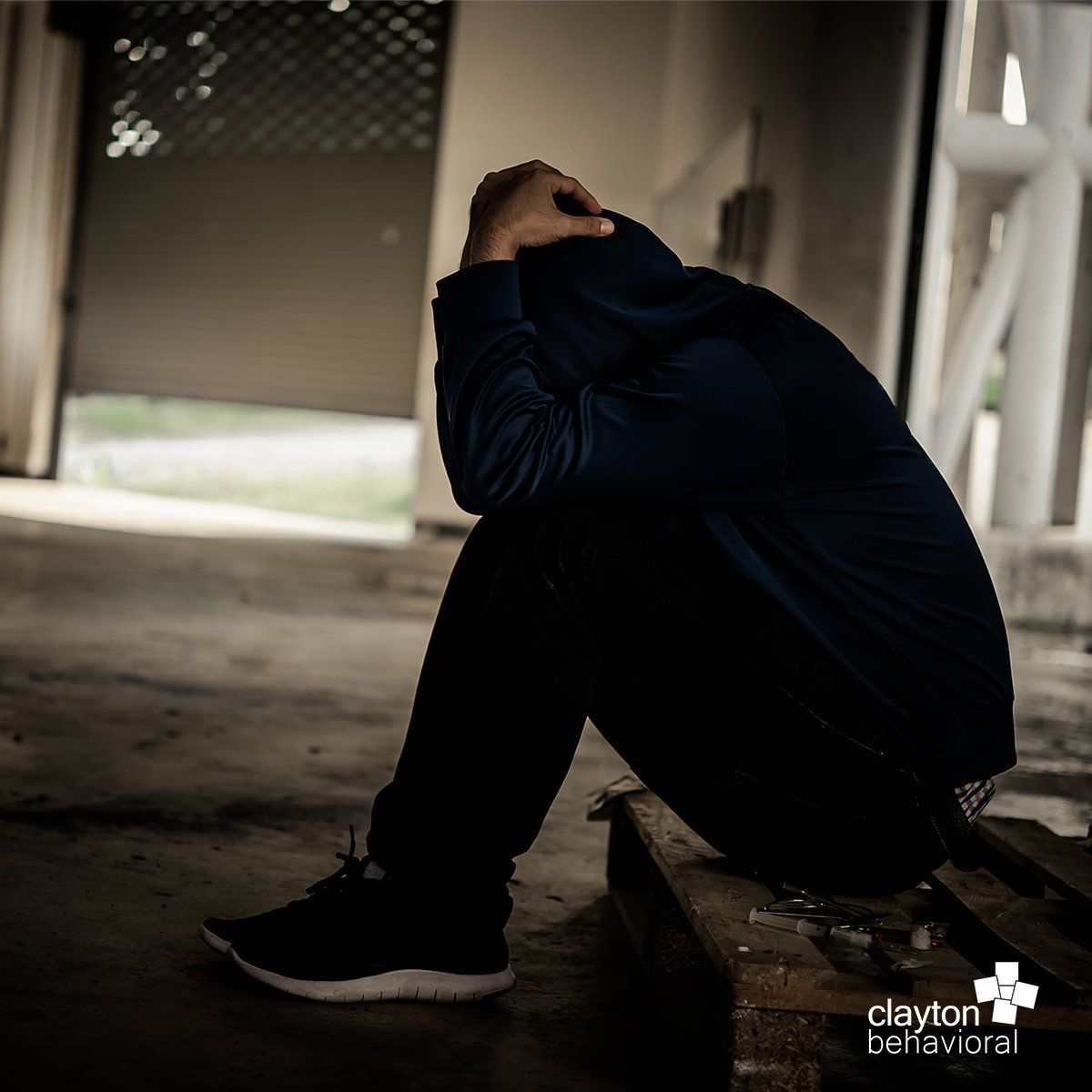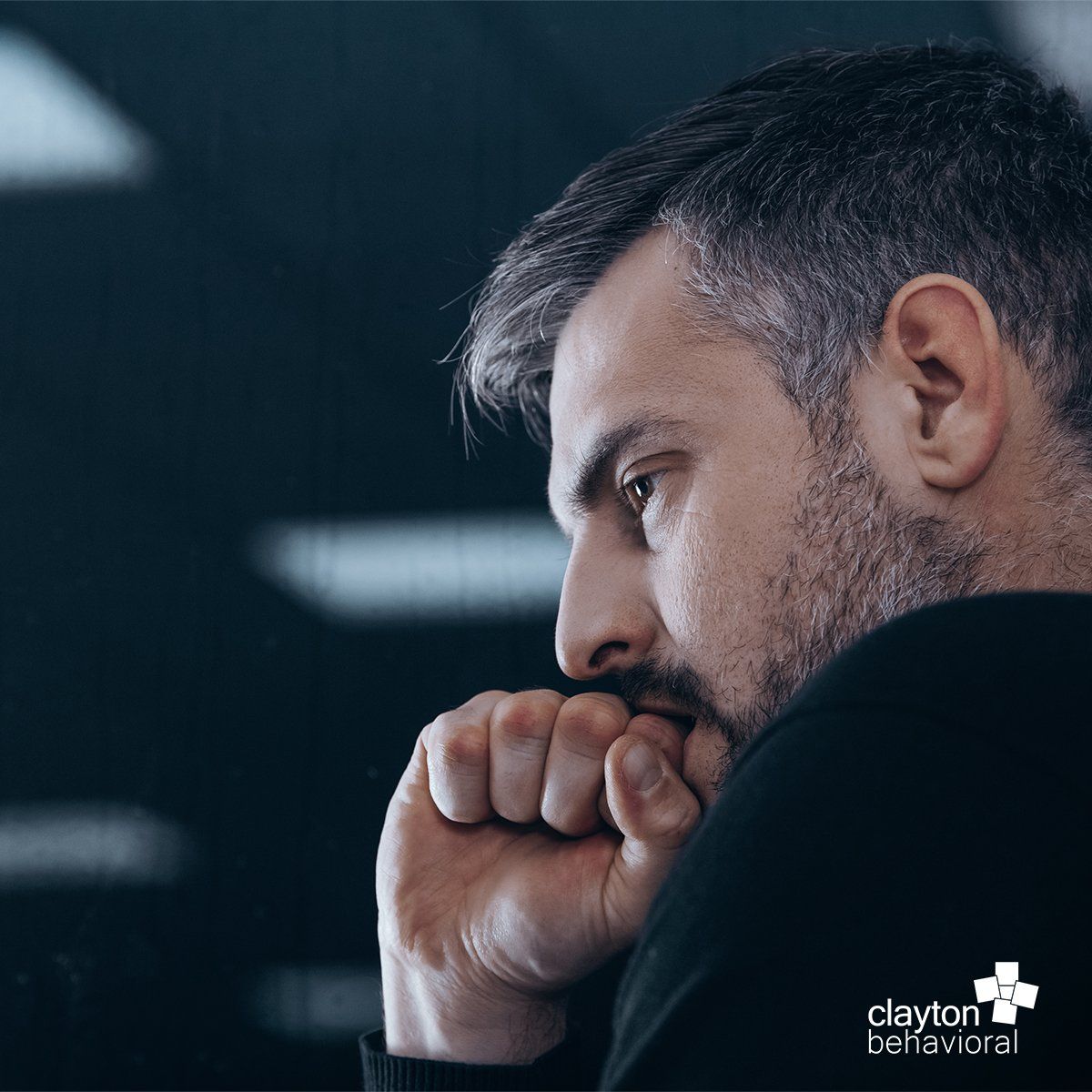Stigma
Stigma derives from a Greek word that means "sign", "point" or "branding mark". It originally referred to a type of marking or tattoo that was cut or burned into the skin of criminals, slaves or traitors in order to easily identify them as blemished or morally corrupt. Stigmatized individuals were to be avoided and shunned.
It is a common experience among those struggling with mental illness. Stigma can be obvious and direct (someone making a negative comment about mental illness or its treatment) or subtle (when it is assumed that someone with mental illness is dangerous, unstable or violent). Patients may even judge themselves ( self-stigma ), wrongly assuming there are certain goals they can't accomplish, or that they won't get better. Stigma leads to prejudice, discrimination, avoidance and rejection. Those who experience it go through shame, blame, secrecy, isolation and social exclusion.
When properly treated, people with mental illness are no more dangerous than anyone else. In fact, they are far more likely to be the victims of violence rather than the perpetrators. The media often reports distorted and inaccurate representations of the mentally ill, inviting unwarranted generalizations and widespread prejudice. Every year, there are over 16,000 murders in the US, yet the few involving the mentally ill get disproportionate front-page coverage. Astonishingly, after the Sandy Hook tragedy, louder voices advocated for arming school guards than for education and early detection of mental illness. The shortage of mental health services have turned jails and prisons into the new psychiatric hospitals. Correctional psychiatry is, sadly, among the fastest-growing mental health specialties. A person with mental illness has much easier access to guns than to mental health. That is an ongoing tragedy.
Several public figures are giving their names to the cause of fighting stigma. Former congressman Patrick Kennedy and actress Glenn Close are among the most vocal ones. Legal efforts to support parity in mental health insurance coverage have also contributed to leveling the playing field between physical and mental illness. The National Alliance on Mental Illness conducts an active StigmaBusters campaign to challenge stereotypes portrayed in the media.
What can we do? Prejudice arises from ignorance. People tend to distrust and fear what they don't know or don't understand. Stigma decreases when people meet those afflicted by mental illness who are able to live as good neighbors in their communities. Strategies that include educational interventions and promote inclusiveness of the mentally ill contribute to a better understanding. It is said that the greatness of a society is measured by the way it treats its most vulnerable members: how well are we doing with the mentally ill?









